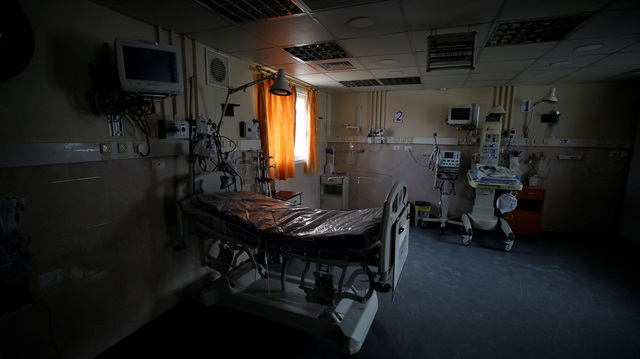
The Gaza Strip has struggled with severe electricity shortages since 2006
An acute energy crisis in the Gaza Strip is pushing the blocked Palestinian territory to the verge of disaster, the UN Office for Coordination of Humanitarian Affairs (OCHA) warned Tuesday.
“Emergency fuel for critical facilities in Gaza will become exhausted within the next ten days,” OCHA said in a statement.
The UN office said $6.5 million is required to provide 7.7 million liters of emergency fuel in Gaza in 2018. “This is the bare minimum needed to stave off a collapse of services,” it said.
Home to nearly two million people, the Israel-blockaded Gaza Strip has struggled with severe electricity shortages since 2006.
The crisis has already forced several hospitals and medical centers to suspend services to patients in recent days.
OCHA estimates that 1.4 million liters of fuel are needed per month for the full functioning of critical facilities in Gaza.
“At present, the nearly two million Palestinian residents of Gaza, over half of whom are children, receive electricity for no more than eight hours each day,” the statement said.
Roberto Valent, the acting Humanitarian Coordinator for the occupied Palestinian territories, called for donors to intervene to ensure that vulnerable Palestinians in Gaza can access life-saving health, water and sanitation services.
“Hospitals have already begun to close,” he warned. “Without funding, more service providers will be forced to suspend operations over the coming weeks.”
"The situation will deteriorate dramatically, with potential impacts on the entire population. We cannot allow this to happen,” Valent said.
Although the Gaza Strip requires an estimated 600 megawatts of electricity, it currently receives only 120 megawatts from Israel and another 32 megawatts from Egypt.
Gaza's sole functioning power plant, meanwhile, is only able to generate 60 megawatts of electricity, according to the Palestinian Energy Authority.




